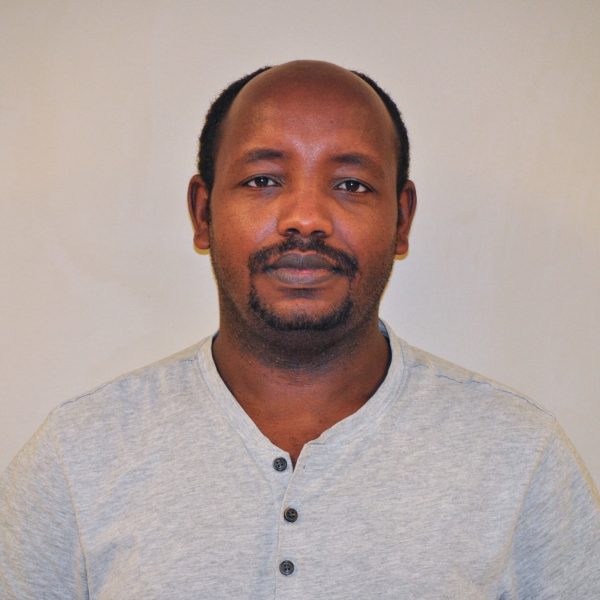Administration Cancels Freiburg
On Thursday, October 20, the students in the Spring 2010 Freiburg study-abroad program were notified that their trip had been cancelled. Earlier in the month, one of the participants had withdrawn from the program for financial reasons, lowering the group’s participation to just four students.
According to Interim Provost and Dean of the Faculty Jill Harsin, it was a difficult decision to allow the trip to proceed last spring, and when the small group gained approval the mindset was that “five was the minimum.” The average Colgate study group usually contains 14 to 16 students. With the loss of a participant, the decision to allow the study group to proceed again fell to Harsin, as the Office of Off-Campus Study is a division of the Office of Faculty.
This is the first time the Interim Dean of Faculty has been faced with a decision concerning study-abroad groups.
“I’ve made decisions like this before, but not in this office,” Harsin said.
The largest factor she considered was whether the group would be large enough “to have some interaction” and “be sustainable.”
Funding concerns also contributed to the trip’s cancellation.
“It’s an unfortunate consequence of harder financial times,” Director of International Programs Barbara Gorka said. “[It’s] much harder to justify one professor for four students when we have financial limitations we didn’t use to have.”
The students in the Freiburg group were notified of the cancellation Thursday via an e-mail from Associate Dean of Faculty and Associate Dean of Russian Ian Helfant, who explained the situation and invited the students to a luncheon with him later that day, where they could pose their questions. At the lunch, which three of the four students attended, Associate Dean Helfant, trip advisor and Associate Professor of German Alan Swenson and other faculty members explained the students’ options.
According to Harsin, after the decision to cancel the trip was made last week, the Office of Faculty and Off-Campus Study “acted very expeditiously.” They understood the implications the decision would have on the students, and they thus researched and discovered the IES Abroad Program, formerly the Institute of European Studies, a non-profit consortium of U.S. universities. The organization offers a program that takes place in Freiburg at the same university that Colgate has used in the past. Once it was certain that there was still time for the students to apply, the group of four was told of the cancellation and presented with the alternative. Director Gorka began meeting with the students to discuss transfer credits and requirements for majors.
“This is a rare event to happen at this point,” Gorka said, explaining that there are occasionally instances where a faculty member cannot go for personal reasons, but those issues usually arise a year in advance before the trip.
Students participating in the Freiburg trip need to be able to speak a certain amount of German, but overall the group is interdisciplinary, allowing people to take courses in their own major in another language. Over the past four years, the average Freiburg group size has been seven students.
“Just a loss of a few students can impact a program,” Gorka said. “We are seeing statistics nationwide that overall study abroad numbers are hurting [but] there is more of an effect [on] lower enrolled programs.”
Nevertheless, Gorka explained that they’re still optimistic about future trips to Freiburg.
“The Freiburg Spring 2011 is accepting applications,” Gorka said.







